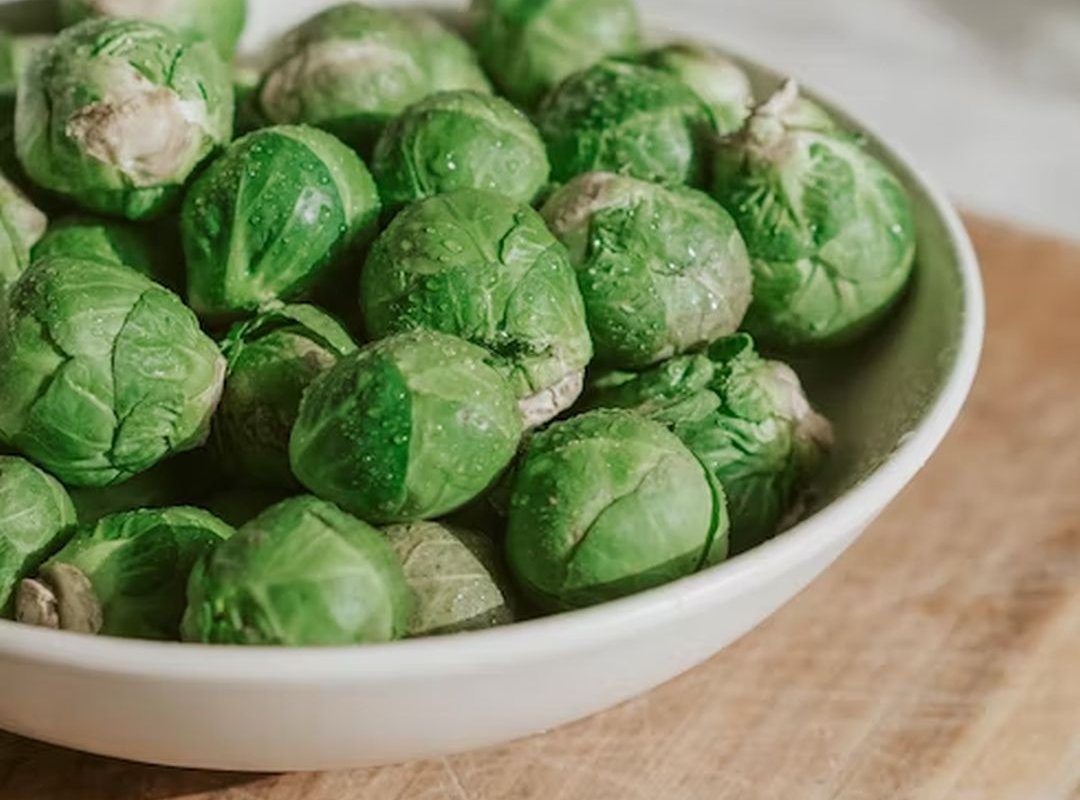
Without vitamin K, the body cannot control the formation of blood clots.
Vitamin K exists in nature in two forms – vitamins K1 and K2.
Vitamin K1, or phylloquinone, is the primary dietary form found in leafy greens such as broccoli, Brussels sprouts, kale, leafy lettuce, and spinach; and in fruits (avocado, banana, grapes, kiwi, prunes).
Vitamin K2, or menaquinone, is found in small amounts in high-fat dairy products, egg yolks, liver and other organ meats, as well as in fermented foods (miso, sauerkraut).
The Food News portal informed why it is important for the body to get enough vitamin K.
First of all, vitamin K helps the body regulate the blood clotting process by helping to produce proteins needed for blood clotting. In case of injury, it prevents bleeding and promotes healing.
In turn, vitamin K sufficiency in the body is associated with improved cardiovascular health by reducing arterial stiffness and stabilizing blood pressure.
People with fair skin needs vitamin D
In addition, vitamin K is needed to protect against cancer. A study published in the journal Nutrients reported its positive effects on breast, cervical and ovarian cancer by inhibiting tumor growth as well as inhibiting the activity of malignant cells.
Prevents heart disease, diabetes, cancer. Why we need lycopene
Other Benefits of Vitamin K:
- Promotes healthy bones.
- Prevents degenerative age-related changes in the brain.
- Strengthens the health of the prostate.
< li>Improves insulin sensitivity, reduces the risk of diabetes.
Earlier, MedikForum.ru wrote about the cases in which black tea can harm.
Important! This information is provided for reference only. Ask a specialist about contraindications and side effects and under no circumstances self-medicate. At the first sign of illness, consult a doctor.
